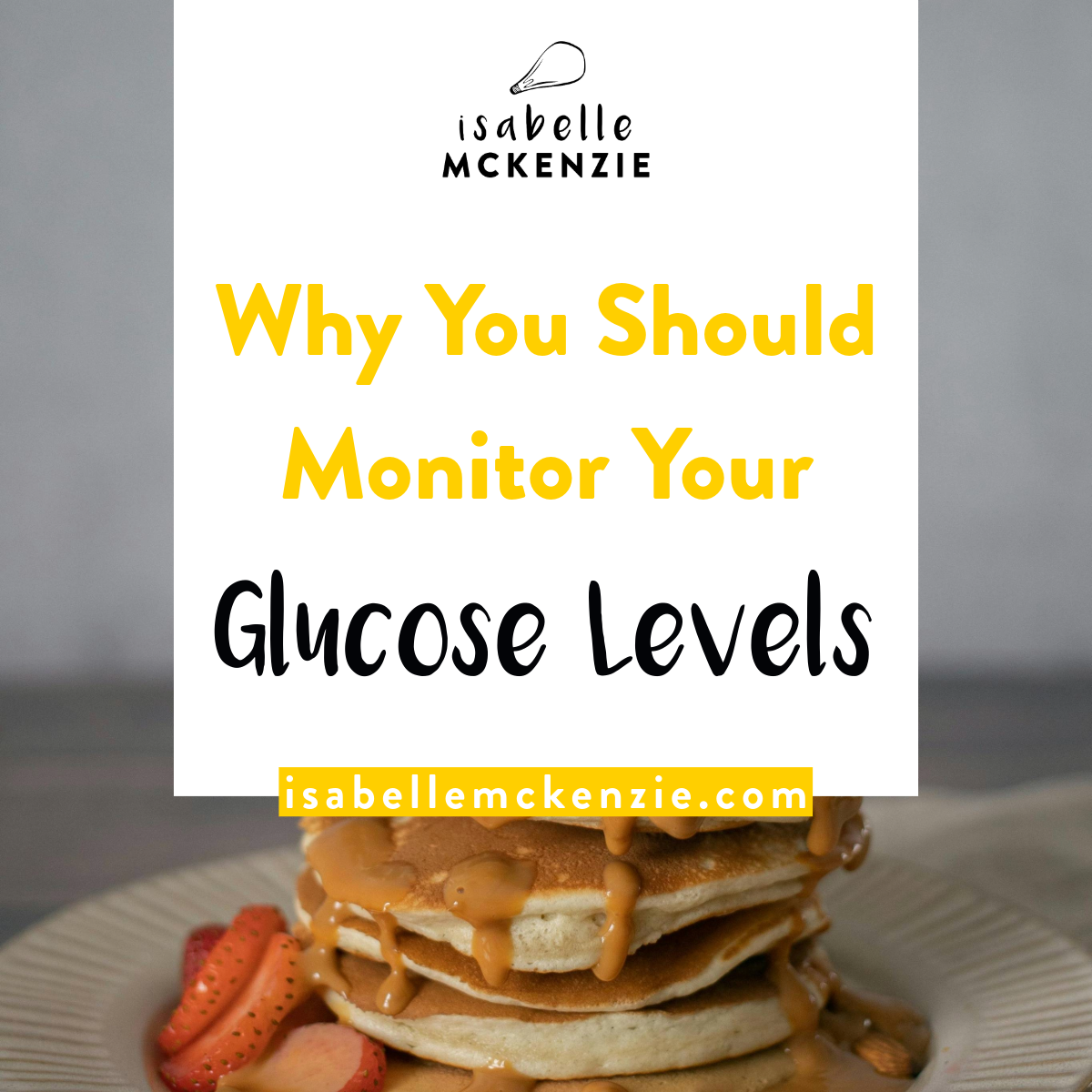How to Learn More About Your Health
#SugarBalancedLiving
They say that health is wealth, and it's an important thing to consider when you are worrying about your own well-being. Mental health, physical health, emotional health: they all band together under one umbrella to ensure that you are the healthiest person that you possibly could be. Your health is multifaceted, which means that it’s important to do what you can to learn about what makes you tick as a human being. Every mind and body is unique so it’s good to keep in mind that you may have different physical and mental needs than those around you.
Not only will you find yourself to feel healthier as a result, of researching your body’s needs, but you will also feel better about the decisions that you make if you know that they are positive ones that you are making for yourself.
With open curiosity and a good plan outline of what you think you want to be looking for you can learn more about your health overall and even your family health history. Genetics, parental health and habits, and even family trauma can all impact how your mind and body process the physical choices you make for yourself. That’s why it’s good to look into the data driven side of your body’s makeup. There are various sites and kits you can use to help you learn more about your physical makeup, as well as hormonal therapy and tests.
Assessment on a personal level of how your health can be vital to figuring the best food routine, fitness routine, and general wellbeing routine for your personal health. So with that in mind, let's take a look at how you can learn more about your health and do better for yourself as a result.
4 ways to learn about your body’s health needs:
Study something in a health related field. If you want to get to know your health better and learn to understand what it means to be healthy, then taking a course and learning physically what it means to be healthy is really going to make a big difference to you. You can talk about mental health, physical health and emotional health and how you can seek support from a friend, family member or a doctor.
Speak to experts in the field. Understanding your health is going to be one of the biggest things that you can do to improve your life. However, to get to that point, you need to speak to people who know more about it than you do. That's not going to be an unusual thing to find, but it is going to take some time to learn who the right people to speak to will be. Start with your general physical checkup, and from there ask your doctor what other steps you can take to learn more about your body’s needs.
Do your research. Reading up on the latest research in health related fields is going to help you to gain more of an understanding about health and what it means for you and for your future. The more you can learn, the better off you will be.
23&Me basic genetic testing kit
premium research materials from Science.bio hormone based treatments and research
more info on Hormone Therapy from WebMD
Family Tree DNA (offers a DNA Wellness package)
*none of these are affiliate links
Start tracking your own health. A good way to start learning about health is learning and what makes you tick as a human being. Once you do this, you'll be able to determine whether or not you are on the right track with your health or whether you are behind where you should be. Try using native phone apps like Google Fit or Apple Fitness+ to start getting a general overview of where your body and activity levels are.
Mental health treatments are essential for supporting individuals struggling with mental health conditions, offering various approaches that cater to different needs. The treatment landscape includes therapy, medication, and lifestyle modifications, all of which are personalized to optimize recovery and well-being.
Psychotherapy, also known as talk therapy, is one of the most common treatments for mental health disorders. Among its various forms, Cognitive Behavioral Therapy (CBT) is widely used. CBT focuses on identifying and changing negative thought patterns that contribute to emotional distress. It helps individuals develop healthier thinking habits, manage stress, and alter behaviors that exacerbate mental health issues. Other therapy forms include dialectical behavior therapy (DBT), effective for those with borderline personality disorder, and psychodynamic therapy, which focuses on uncovering unconscious conflicts and emotions from past experiences that impact current behavior.
Another prominent treatment method is medication, which can help regulate brain chemistry, ease symptoms, and improve mental clarity. Antidepressants, like selective serotonin reuptake inhibitors (SSRIs), are often prescribed for mood disorders such as depression and anxiety. Antipsychotics may be used for schizophrenia or bipolar disorder, while mood stabilizers help manage conditions like bipolar disorder. Medications are generally most effective when combined with therapy, as they address the biological aspect of mental health, while therapy tackles emotional and behavioral aspects.
Lifestyle modifications also play a crucial role in managing mental health. Exercise, for instance, is shown to reduce symptoms of anxiety and depression by releasing endorphins, which boost mood and reduce stress. A balanced diet with essential nutrients, regular sleep patterns, and mindfulness practices such as meditation also contribute to mental well-being. Support from loved ones and building a strong social network further enhance recovery by reducing isolation and promoting positive interactions.
In addition to these traditional treatments, newer approaches are emerging, such as psychedelic-assisted therapy, which shows promise in treating PTSD and Addiction by inducing altered states of consciousness in a controlled therapeutic setting. Online therapy platforms are also becoming more accessible, offering convenience and affordability for people unable to attend in-person sessions.
Ultimately, the most effective mental health treatment is individualized, as different approaches work better for different people. A comprehensive treatment plan often involves a combination of therapy, medication, and lifestyle adjustments, allowing individuals to regain control over their mental health and lead fulfilling lives.
One thing to note, is that while while hormonal therapy, supplements, and treatments could possibly be beneficial in treating your hormonal needs, there isn’t enough research for us at IsabelleMcKenzie.com to fully support it. Since we’ve had many of you reach out to ask about it, we’re including it in the following list but please take the time to look into whether it is right for you and consult with your medical practitioner.
*contributed and/or affiliated post













